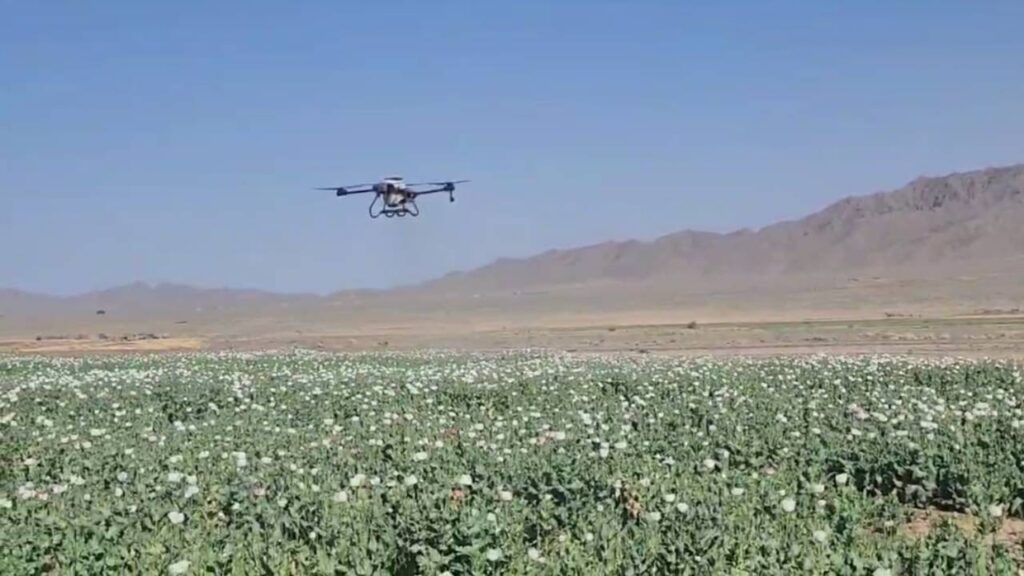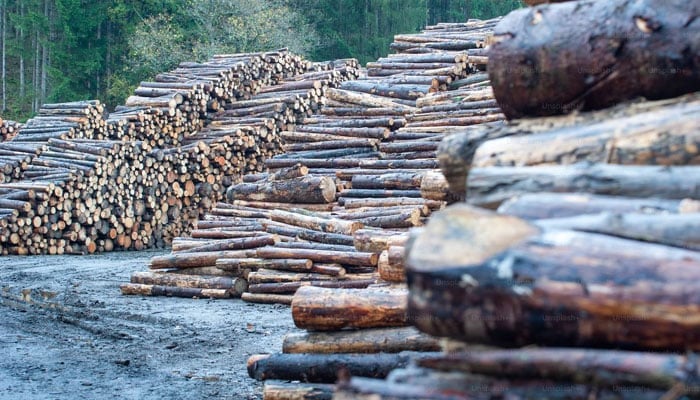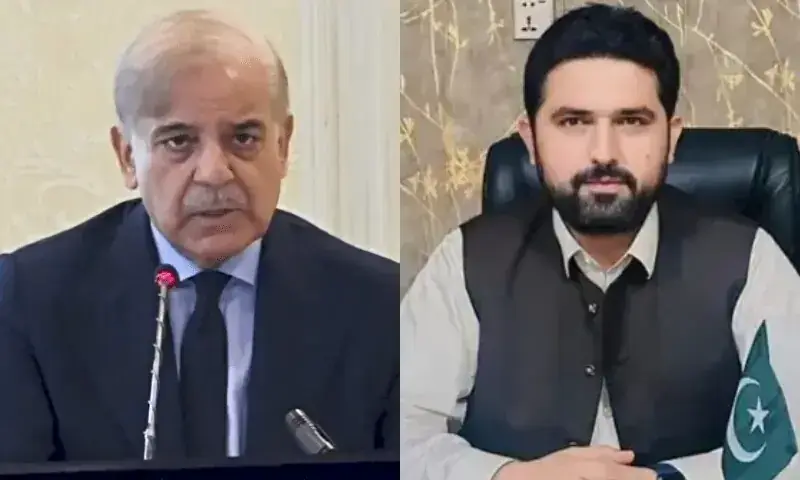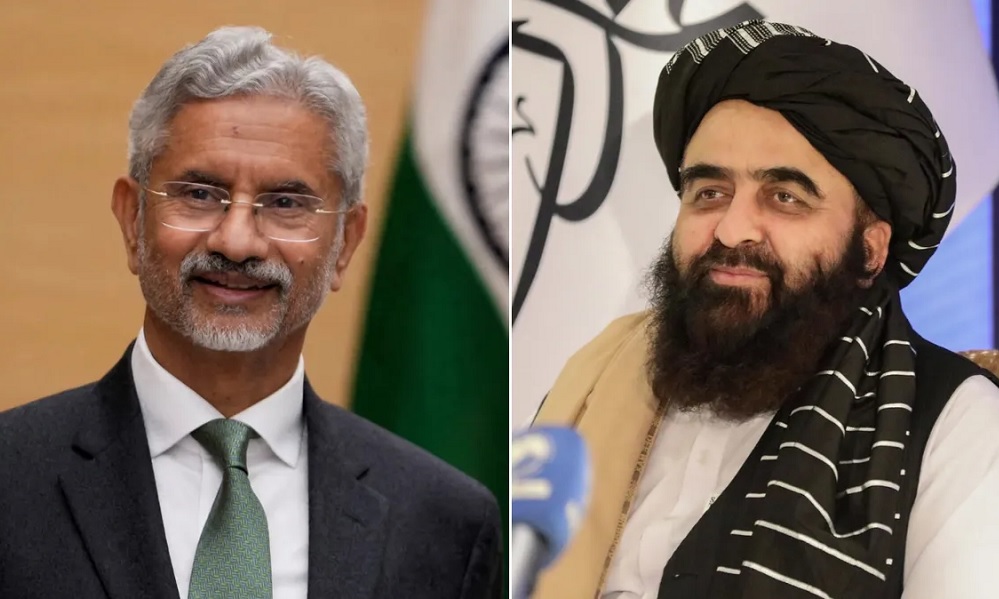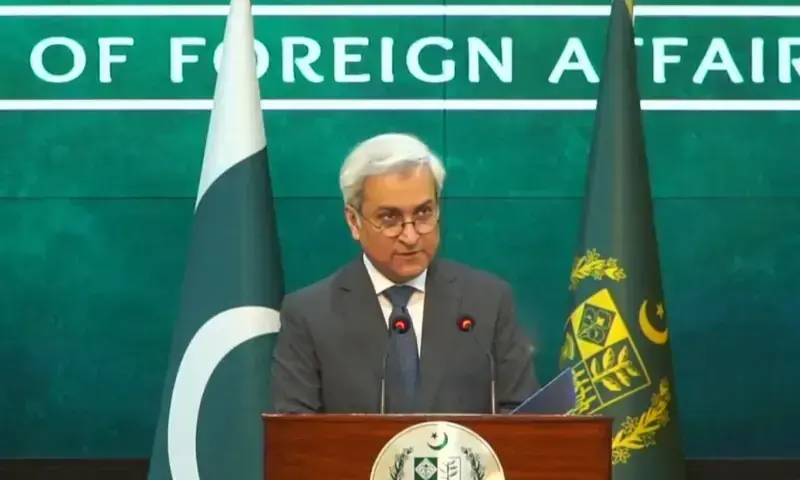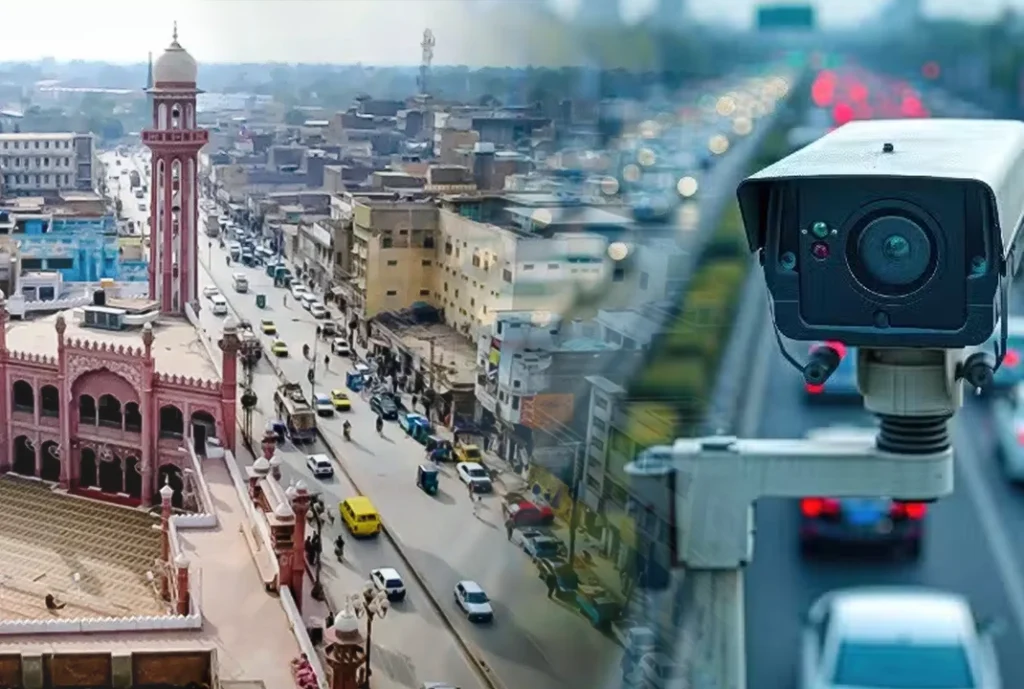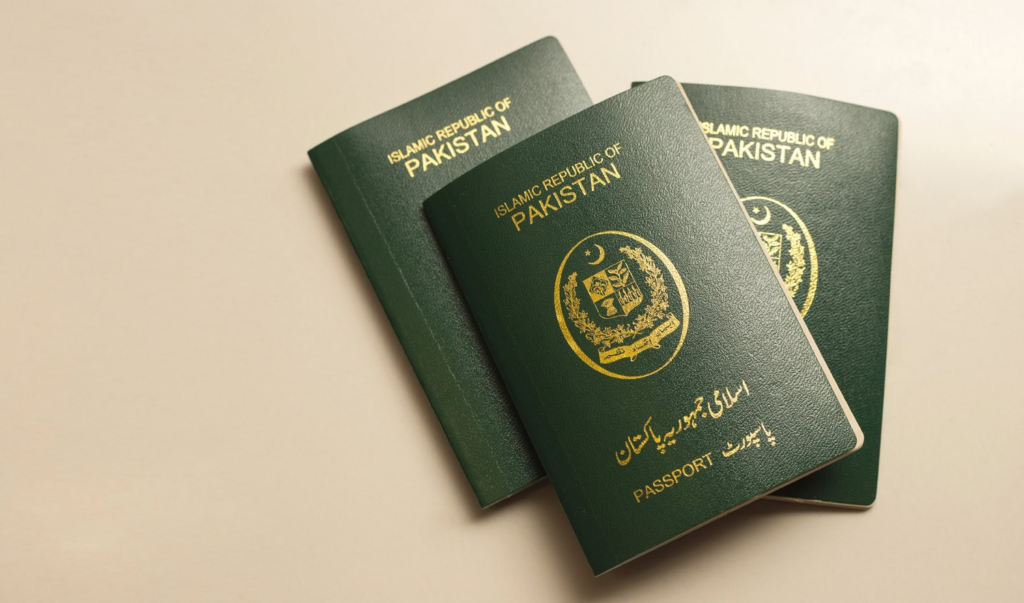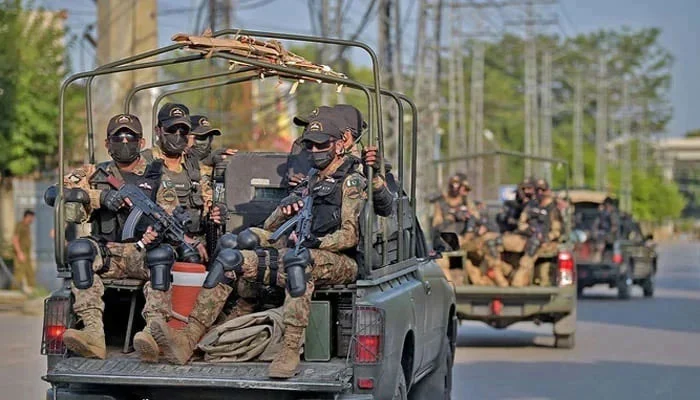Image: Drones being used to eradicate poppy plantations
Narcotics cultivation and trafficking are global challenges that require a coordinated international effort to address. However, it is equally important for reporting on this issue to be factual and balanced. A recent article published by The Telegraph, which alleges widespread opium cultivation in Pakistan, appears to fall short of these journalistic standards. The claims made in the article lack substantial evidence and fail to reflect Pakistan’s proven track record in combating narcotics.
The article raises serious questions about the research methodology and sources of information used by the writer. Allegations of this nature require rigorous fieldwork, reliable data, and consultations with relevant authorities. However, the author fails to mention if the data independently verified, or if the the journalist even visited the regions in question to assess the situation firsthand. Additionally, were local and international stakeholders consulted to provide a more comprehensive picture?
Without transparent answers to these questions, the article risks being perceived as speculative rather than factual.
Pakistan has consistently demonstrated its commitment to combating narcotics, both within its borders and as part of international agreements. In 2025, the country successfully eradicated poppy crops spanning over 36,250 acres in northern Balochistan. These efforts, valued at nearly $13 billion in terms of the destroyed crop yield, highlight Pakistan’s dedication to keeping its society free from drugs.
Such measures are not isolated incidents but part of a broader anti-narcotics strategy. Pakistan regularly conducts operations to dismantle networks involved in the cultivation and trafficking of illegal substances. These operations are carried out in collaboration with international partners and guided by principles of transparency and accountability.
Accurate and balanced reporting is essential for fostering constructive dialogue on sensitive issues like narcotics cultivation. Media outlets have a responsibility to verify their claims and present a nuanced perspective. Articles like the one published by The Telegraph risk undermining the efforts of countries like Pakistan that are actively working to address this global challenge.
Rather than perpetuating unsubstantiated narratives, international media should engage with local authorities, international organizations, and independent experts to ensure their reporting reflects the complexities of such issues. Addressing the global drug trade requires collaboration and accurate representation of facts, but making sweeping statements could hamper these efforts. For everyone aiming to stop this menace, research and engagement is the right place to start.

